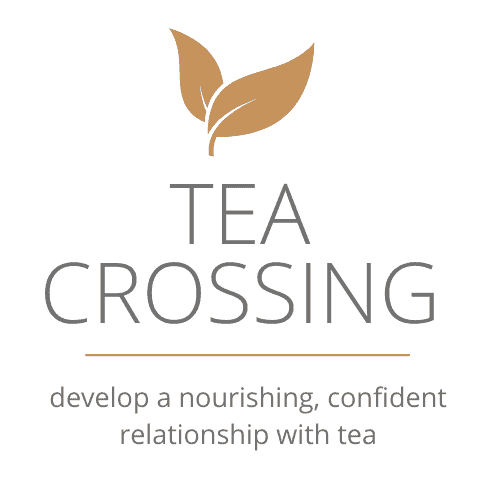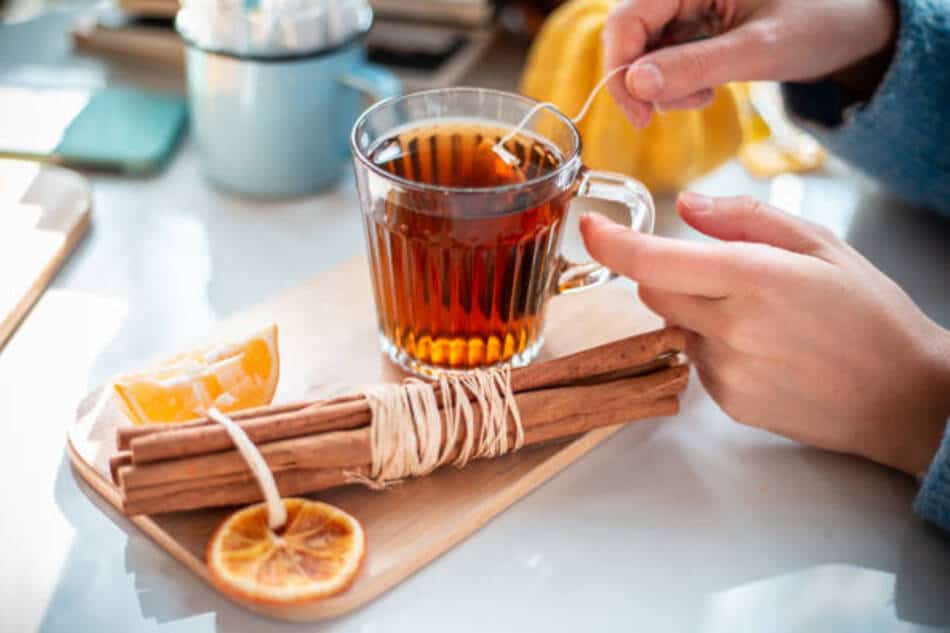Many people enjoy drinking kombucha for its health benefits and delicious taste. But how much caffeine is in kombucha? Is it a lot? A little? Let’s take a closer look. Kombucha is a fermented tea beverage made from black or green tea, sugar, and a SCOBY (symbiotic colony of bacteria and yeast). The fermentation process results in the formation of new compounds, including glucuronic acid, lactic acid, acetic acid, and vitamins B1, B6, and B12.
The amount of caffeine in kombucha can vary depending on how it’s made. For example, if you use more tea leaves or ferment the kombucha for a longer time, there will be more caffeine present. Generally speaking, though, most kombuchas have about 1/3 the amount of caffeine as a cup of coffee. So if you’re looking for a caffeinated beverage, kombucha may not be the best choice.
Kombucha is a fermented tea that has been around for centuries and has become increasingly popular in recent years. A symbiotic colony of bacteria and yeast (SCOBY) ferments sweetened black or green tea to produce this bubbly beverage. Kombucha is known for its probiotic properties and many people drink it for its health benefits.
What Is Caffeine?
Caffeine is a potent neuromodulator of the central nervous system. It works by blocking adenosine’s effects on our brain, how it makes you feel drowsy, relaxed, or unfocused. It can also increase your heart rate and blood pressure.

Caffeine is found in a variety of foods and drinks, including coffee, tea, energy drinks, chocolate, and some soft drinks. It’s also added to some medications, such as pain relievers and cold remedies.
Related: Which Tea Has The Most Caffeine?
How Much Caffeine Is Safe?
Children under the age of 12 should not consume more than 85 mg of caffeine per day, according to the American Academy of Pediatrics (AAP). The American Academy of Pediatrics recommends that adolescents aged 13 to 18 consume no more than 100 mg per day.
Pregnant women are advised to limit their caffeine intake to 200 mg per day. And for adults, the FDA says 400 mg per day is considered safe.
Symptoms of Caffeine Overdose
Caffeine overdose can occur if you consume too much of it. Symptoms of caffeine overdose include:
- Feeling anxious or jittery
- Having trouble sleeping
- Nausea and vomiting
- Rapid heartbeat
- Headaches
- In severe cases, it can lead to seizures or death.
If you experience any of these symptoms, call 911 immediately.
How to Reduce Your Caffeine Intake
If you’re looking to reduce your caffeine intake, there are a few things you can do.
- Choose decaf coffee or tea: While there is still some caffeine present in decaf coffee and tea, it’s significantly less than in regular varieties.
- Limit how much coffee or tea you drink: If you typically drink four cups of coffee a day, try reducing it to two or three.
- Avoid energy drinks: Energy drinks are one of the most caffeinated beverages on the market and should be avoided if you’re trying to limit your intake.
- Choose chocolate with a lower cacao content: The higher the cacao content, the more caffeine is present in the chocolate.
- Read labels: Be sure to check the label of any food or drink you’re consuming to see how much caffeine it contains.
The amount of caffeine in kombucha varies depending on the method used to make it. But generally speaking, most kombuchas have about 1/3 the amount of caffeine as a cup of coffee. So if you’re looking to reduce your caffeine intake, kombucha may be a good choice.
Does Kombucha Keep You Awake?
Kombucha is a fermented tea that contains caffeine. Some people believe that kombucha keeps them awake. However, there is no scientific evidence to support this claim.
Kombucha also contains a small amount of alcohol, which could contribute to feelings of wakefulness. If you’re looking for a caffeinated beverage that will keep you awake, try coffee or tea. Kombucha is a refreshing beverage, but it’s not likely to keep you awake.
What Else Does Kombucha Contain?
Of course, caffeine isn’t the only thing present in kombucha. This fermented tea drink also contains probiotics, which are beneficial bacteria that can help support gut health. Kombucha also has antioxidants, which can help protect cells from damage and may promote overall health.
In Comparison To Coffee, How Much Caffeine Is In kombucha?
Kombucha typically contains about 30-50 mg of caffeine per 8-ounce serving, while a cup of coffee can contain anywhere from 80-180 mg of caffeine. So, kombucha has significantly less caffeine than coffee.
However, the caffeine content in kombucha can vary depending on how it’s made and how long it’s fermented. Some brands of kombucha also add additional caffeine, so it’s always best to check the label before drinking.
Related: How Much Caffeine Is In White Tea?
How To Control How Much Caffeine Is Present In Your Kombucha
Brewing kombucha at home is a fun and easy way to get your daily dose of probiotics, but it’s important to be mindful of how much caffeine is in your kombucha.

If you’re looking to control how much caffeine is present in your kombucha, here are a few tips:
- Use tea that is low in caffeine, such as black or green tea.
- Steep the tea for a shorter amount of time to reduce the amount of caffeine that is extracted.
- Don’t add any sweeteners to your kombucha, as this will increase the amount of caffeine.
- Let your kombucha ferment for a longer period to reduce the amount of caffeine.
Following these tips will help you to control the amount of caffeine in your kombucha. By reducing the amount of caffeine, you can enjoy all the probiotic benefits of kombucha without the jitters!
Final Thoughts
Kombucha tea has trace amounts of caffeine, typically between 0.5-1mg per 8oz serving. This is significantly less than coffee, which has around 95mg of caffeine per 8oz cup. So if you’re looking for a caffeinated beverage, kombucha isn’t your best option. However, kombucha does have other benefits that make it worth drinking. It’s a probiotic food, meaning it contains live bacteria that are beneficial for gut health. Kombucha is also rich in vitamins and antioxidants. So if you’re looking for a healthy drink that will give you a little boost of energy, kombucha is a great choice.

